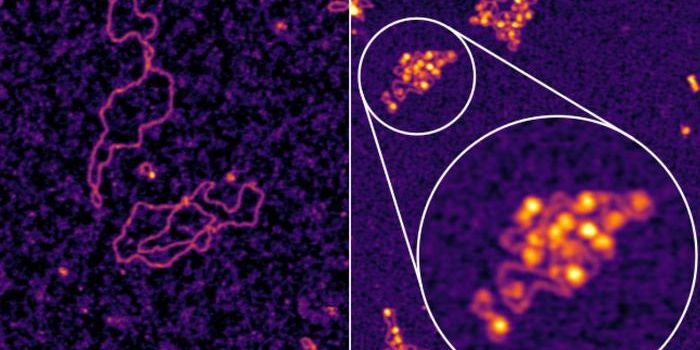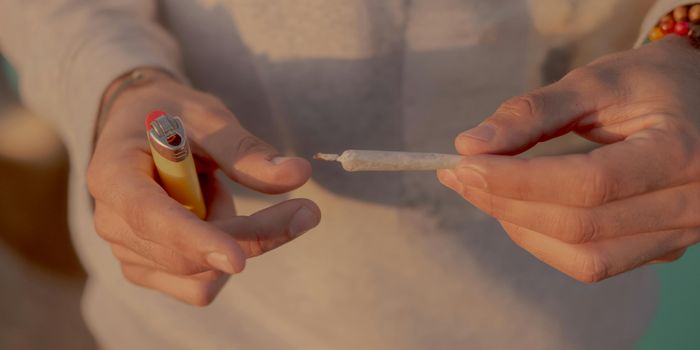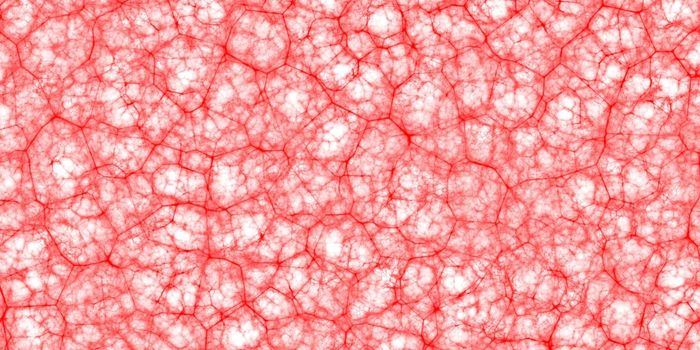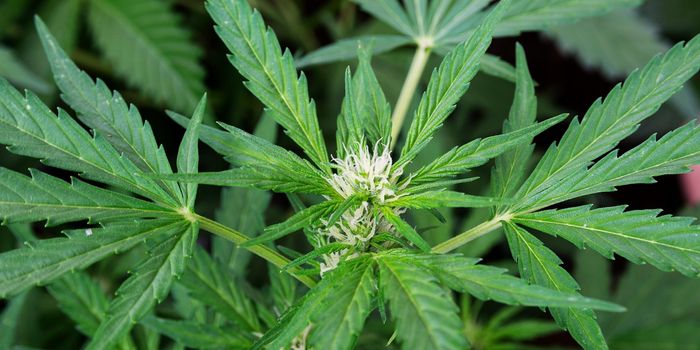Compound Found In Fruits and Vegetables May Be The Next Anti-Aging Drug

According to early research published in Nature Medicine, it was found possible to increase the longevity of damaged cells, extend the lifespan, and improve health.
Now, the most recent research shows treating aged mice with a natural product found in many fruits and vegetables may have significant effects on health and lifespan. In the process of aging, people will naturally accumulate damaged cells and when these cells reach a new level of damage, they start to age on their own as well by reach a cellular state known as senescence. Additionally, as people age their cells now longer release as many inflammatory factors as they did before. The inflammatory factors released are particularly useful in clearing damaged cells to prevent them for accumulating and releasing enzymes that degrade tissue.
According to the paper recently published in EBioMedicine titled "Fisetin is a senotherapeutic that extends health and lifespan," researchers identified the natural product in fruits and vegetables to be ‘Fisetin’ which participates in decreasing the levels of damaged cells in aging individuals. The researchers reached were able to draw these conclusions from experiments on fisetin-treated mice and saw an improvement in their lifespan and health.
"These results suggest that we can extend the period of health, termed healthspan, even towards the end of life," explains University of Minnesota Medical School faculty Paul D. Robbins. "But there are still many questions to address, including the right dosage, for example."
The scientists did not have a way to identify if the fisetin treatment was actually attacking particular cells that are senescent until their recent studies. Regardless of such observations, investigators still inquire that if fisetin can serve as the “aging-treatment drug”, what limitations will the drug have? And how these limitations will affect different tissue in the body?
"In addition to showing that the drug works, this is the first demonstration that shows the effects of the drug on specific subsets of these damaged cells within a given tissue." Robbins said.
To learn more about Aging, watch this video below:








